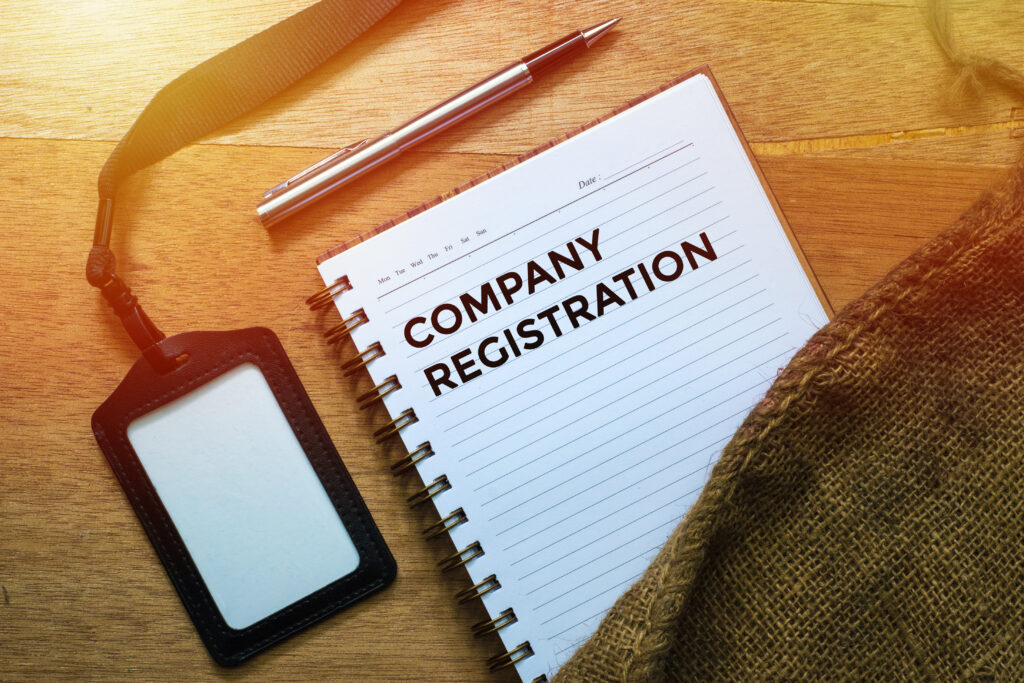How to take money out of your Limited Company

When you set up a Limited Company, there can be significant tax savings if you do things correctly. But doing things correctly is the hard bit! Here, we look at how you are able to withdraw money legally from your Limited Company.
- Salary: The director can take a salary from the company as an employee. This is subject to income tax and National Insurance contributions (NICs), which must be deducted at source through the company’s payroll system. The director can take a regular salary or vary it based on the company’s financial performance.
- Dividends: The director can take dividends from the company’s profits. This is subject to dividend tax, which is typically lower than income tax rates. However, dividends can only be taken if the company has sufficient profits and reserves to distribute to shareholders. Dividends must be approved by the shareholders and documented in the company’s records.
- Director’s loan: The director can borrow money from the company, but this must be documented as a director’s loan and repaid within a specified period. If the loan is not repaid, it will be treated as a distribution and subject to income tax and NICs.
- Expenses: The director can claim expenses incurred on behalf of the company, such as travel, subsistence, and office expenses. These expenses must be supported by receipts and documented in the company’s records.
It’s important to note that there are tax implications for each of these methods, and it’s essential to seek professional advice from an accountant or tax advisor to ensure compliance with HMRC regulations. Additionally, as the sole director and shareholder, you should ensure that you maintain proper records and separation between personal and company finances to avoid any confusion or potential legal issues.
If you want more detail around the different ways to withdraw money, we highly recommend that you take a watch of our residents experts Danielle Lewis and Lucy Cohen discussing the matter.






